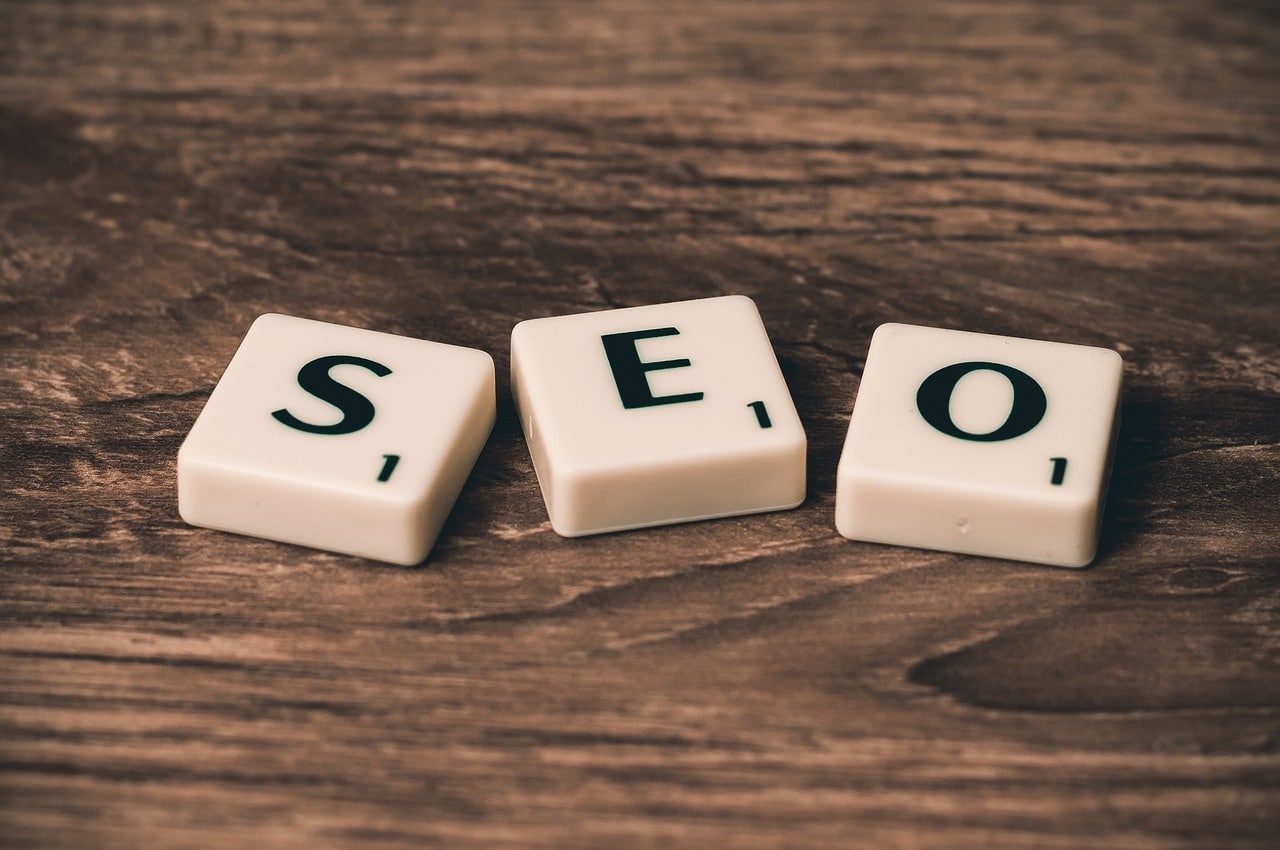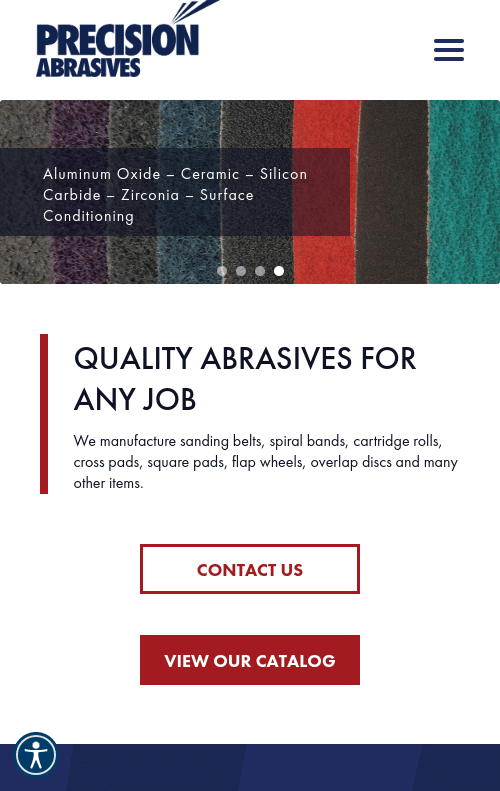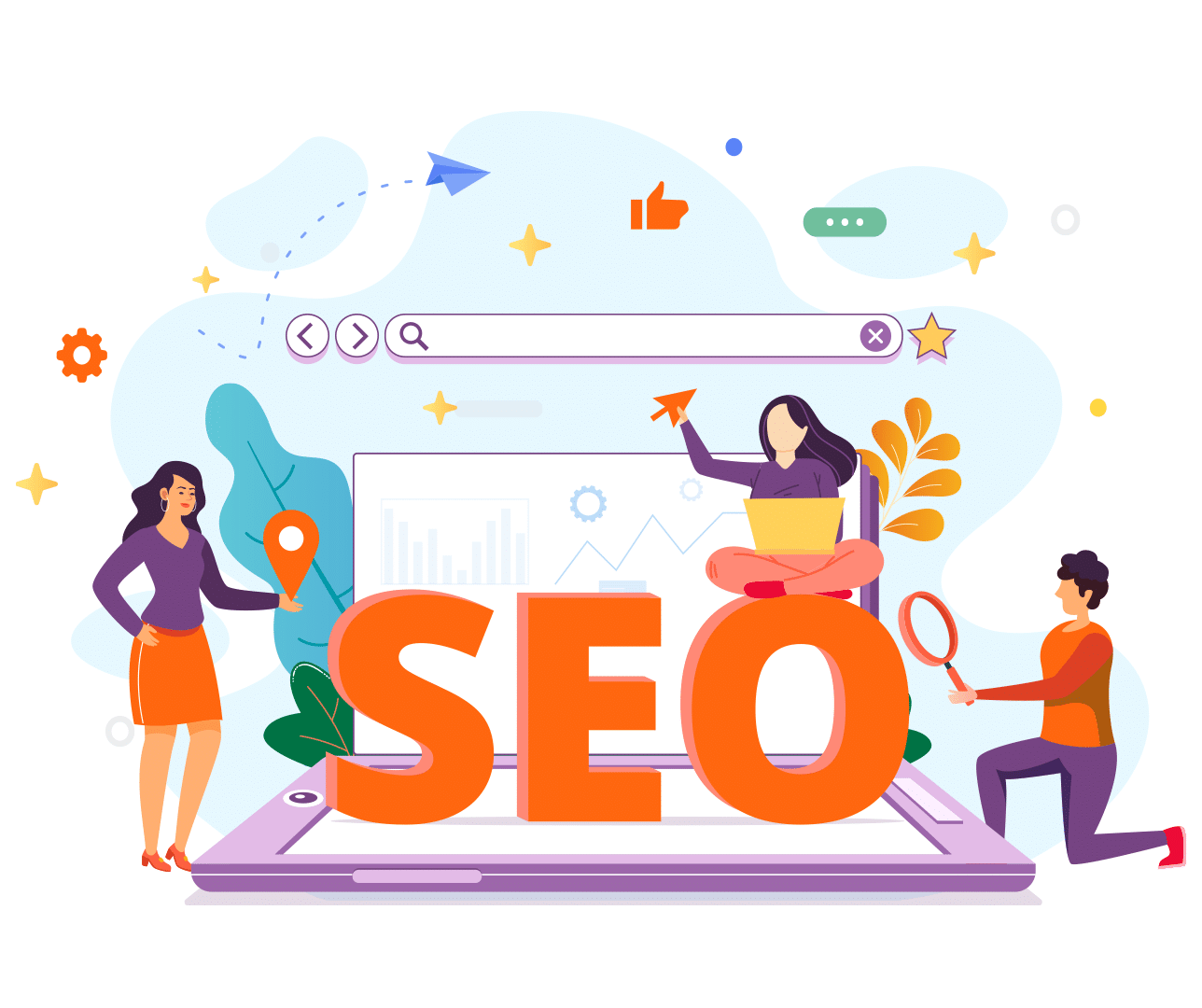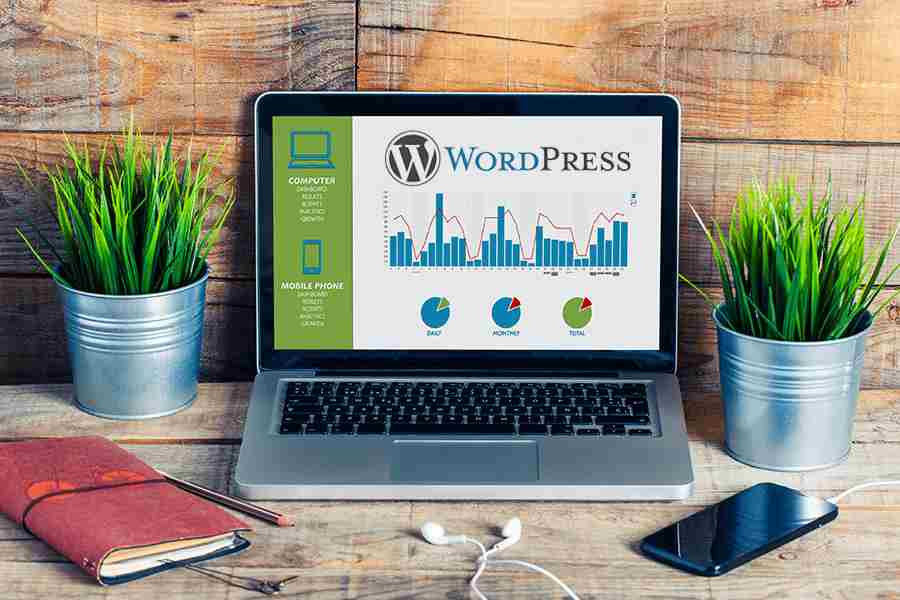5 Signs Your Business Needs SEO in 2025
Having a website is no longer enough, especially in 2025, where competition for online visibility is fiercer than ever. If your business isn’t appearing on the first page of Google, you’re likely missing out on leads, sales, and brand credibility. Search Engine Optimization (SEO) is one of the most cost-effective ways to reach high-intent users exactly when they’re searching for what you offer.
Not sure if your business needs SEO? Here are five clear signs that it’s time to invest—or reinvest—in a solid SEO strategy.
Here are five signs that your business may need SEO in 2025:
1. Your Website Isn’t Getting Found Organically
If your website isn’t generating steady organic traffic from search engines, that’s a red flag. Organic search remains one of the most powerful digital channels for acquiring new customers. It’s also one of the most sustainable, unlike paid ads, which disappear the moment your budget dries up.
Low or declining traffic means your site likely isn’t ranking well for the search terms your potential customers are using. This could be due to poor keyword targeting, outdated technical SEO, or lackluster content. You can use free tools like Google Search Console to check how your pages are performing and which queries are triggering impressions. If the results are sparse or irrelevant, you’ve got work to do.
2. Your Competitors Are Outranking You
It’s frustrating to search for services you offer and see your competitors show up first—especially if you know your product or service is better. But in the eyes of Google, quality alone isn’t enough. The search engine rewards optimization: keyword relevance, page speed, site architecture, backlinks, and more.
If your competitors are investing in SEO and you’re not, they’ll continue to eat up market share while your site languishes on page 3. A competitor SEO audit can help you identify which keywords they’re targeting, how their content is structured, and what backlinks they’ve acquired—giving you the data you need to catch up. (Check out Ahrefs’ beginner guide to competitor analysis for tips.)
3. You’re Paying for Ads but Seeing Little Long-Term ROI
Paid advertising can be effective in the short term—but it’s a faucet: once you turn it off, the leads stop flowing. If you’re spending heavily on Google Ads or Facebook Ads without seeing lasting results, it’s time to build a more organic foundation.
SEO complements paid media by capturing search intent passively, without requiring ongoing spend. It also improves the quality and relevance of your landing pages, which can lower your cost-per-click if you continue running ads. A hybrid approach—SEO for long-term positioning, paid ads for quick wins—is often the most efficient model for small businesses.
4. Your Site Content Is Thin, Generic, or Outdated
Google rewards sites that demonstrate expertise, authoritativeness, and trustworthiness (known as E-E-A-T). If your site has sparse content, generic service pages, or blogs that haven’t been updated in years, you’re likely falling behind.
Fresh, useful content is the cornerstone of modern SEO. This includes long-form blog posts, FAQs, service explainer pages, and even videos. Not only does this improve your chances of ranking in search, it also builds credibility with users and increases the time they spend on your site. Content doesn’t have to be constant, but it should be consistent and purposeful.
5. You’re Not Showing Up in Local Searches
If someone searches “financial planner near me” or “best tree nursery in Lancaster, PA” and your business doesn’t show up, your local SEO needs serious attention. Google Business Profile optimization, localized content, reviews, and NAP (name, address, phone) consistency are essential for visibility in local search results and Google Maps.
Local SEO is especially critical for service-area businesses like law firms, medical offices, landscaping companies, or restaurants. According to BrightLocal, 98% of consumers used the internet to find information about a local business in 2023. If you’re not showing up for “near me” searches or map results, you’re losing ground to competitors who are.
Conclusion
SEO isn’t just a tech trend—it’s a foundational marketing channel that drives visibility, credibility, and sales. Whether you’re a local business trying to show up on Google Maps or a growing e-commerce brand looking to reduce your paid ad spend, SEO gives you the opportunity to attract customers organically and consistently.
The sooner you invest in SEO, the sooner you’ll start seeing compounding returns. If you’re unsure where to begin, consider a professional SEO audit or consultation to uncover your site’s biggest opportunities.
Looking for more detailed guidance? Moz offers a great resource to get started: The Beginner’s Guide to SEO.
Don’t want to do it yourself? We’re here to help! Contact Graphic Lux today.








